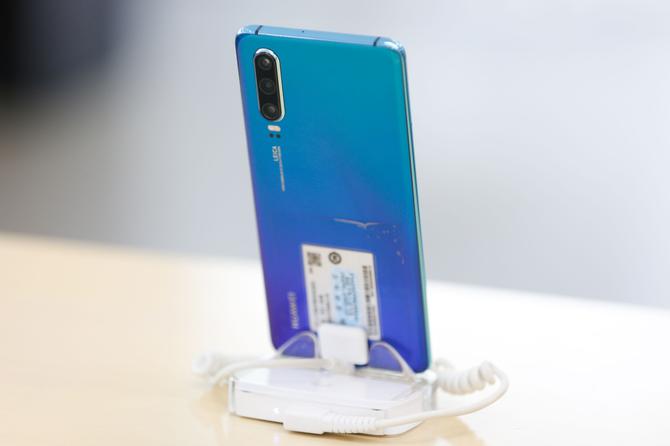Existing phones on the market will lose Google security updates and technical support, while all new devices will no longer have popular applications such as YouTube and Maps.
Huawei will continue to have access to the version of the Android operating system available under the open source license, known as the Android Open Source Project (AOSP), available free of charge to anyone who wants to use it. There are about 2.5 billion active Android devices worldwide, according to Google.
However, Google will stop providing Huawei access, technical support and collaboration involving its proprietary applications and services, a source told Reuters.
Huawei said in recent years it has prepared an emergency plan and developed its own technology in case its access to Android will be blocked. Some of these technologies are already used in products sold in China, the company said.

Read also:
Huawei has built its own phone and laptop operating system in case it will not be able to use Microsoft or Google products
In a March Reuters interview with Huawei, Eric Xu, the rotating president of Huawei, made a defiant statement in anticipation of retaliation from US companies: "No matter what happens, the Android community has no legal right to block any company since accessing its open-source license, ”he said. Popular Google applications, such as Gmail, YouTube, and the Chrome browser, available through Google Play, will disappear from future Huawei phones because these services are not covered by the open source license and require a business agreement with Google.However, users of existing Huawei devices who have access to the Google Play Store will still be able to download application updates provided by Google. Apps like Gmail are updated through the store, as opposed to operating system updates, which are usually handled by phone manufacturers and telecom operators, which could be blacklisted, the source said.
The impact is expected to be minimal on the Chinese market. Most Google mobile apps are banned in China, where alternatives are offered by local competitors such as Tencent and Baidu.
Huawei's European division, the second largest market, could be affected as Huawei licenses these services from Google in Europe.
"Using these applications is critical for smartphone makers to remain competitive in regions such as Europe," said Geoff Blaber, vice president of research, CCS Insight.
